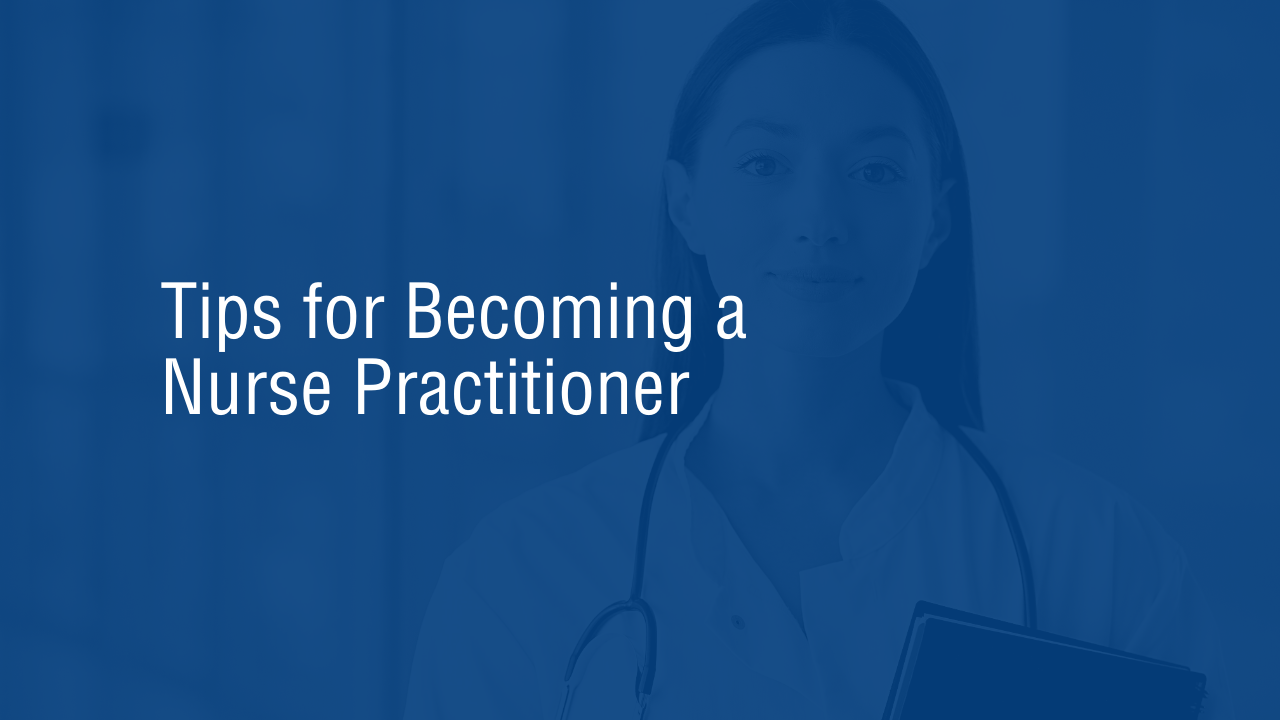
One of the many benefits of a career in nursing is the ability to advance within the profession. One way to do this is to obtain a Master’s degree in nursing and become an advanced practice registered nurse (APRN). One type of APRN is a nurse practitioner (NP), a clinician who blends clinical expertise in diagnosing and treating health conditions with an added emphasis on disease prevention and health management.
A Career as a Nurse Practitioner
NPs have a comprehensive perspective on health care and practice in many different medical settings. They are able to diagnose and treat illnesses, prescribe medications, and order and interpret medical tests.
With 89% of NPs prepared in primary care, they constitute a vital component of the primary care workforce, ensuring high-quality and patient-centered health care is available to a broad range of consumers. In fact, NPs make up the most rapidly growing component of the primary care workforce.
Tips for Becoming a Nurse Practitioner
- Become a Registered Nurse – You must earn an RN license to start an NP program. You can either achieve an Associate Degree in Nursing (ADN) or Bachelor of Science in Nursing (BSN)
- Build Experience as a Nurse – It’s important for a potential nurse practitioner to gain experience as a registered nurse and some programs require at least a year of prior nursing experience.
- Earn an Advanced Degree – You need to complete a minimum of a master’s degree to qualify as a nurse practitioner. Typically, you can complete the Masters of Science in Nursing degree in 2 years, pursuing a particular specialty or as a generalist degree.
- Earn Certification – After you graduate, you will need to be certified by sitting for national board examinations. Every nurse practitioner must pick a specialty. Your specialty dictates the type of certification exam you need to take. Certification also typically includes the requirement of at least 500 supervised clinical hours.
- Obtain State Licensure – After passing the exam, you must turn in your results and transcripts to your state to obtain a nurse practitioner license. In Ohio, an NP will need a standard care arrangement with a collaborating physician.
Through education, communication, and collaboration, OAAPN is actively advancing the health and well-being of patients as well as its profession in Ohio. There is strength in our numbers; authority in our voice; and influence in our actions. Contact us today to learn more about membership in OAAPN.